Corruption is an issue largely off the radar screens of many IR scholars. How can they better theorize corruption’s pervasiveness in international politics, while avoiding the biases of past approaches?
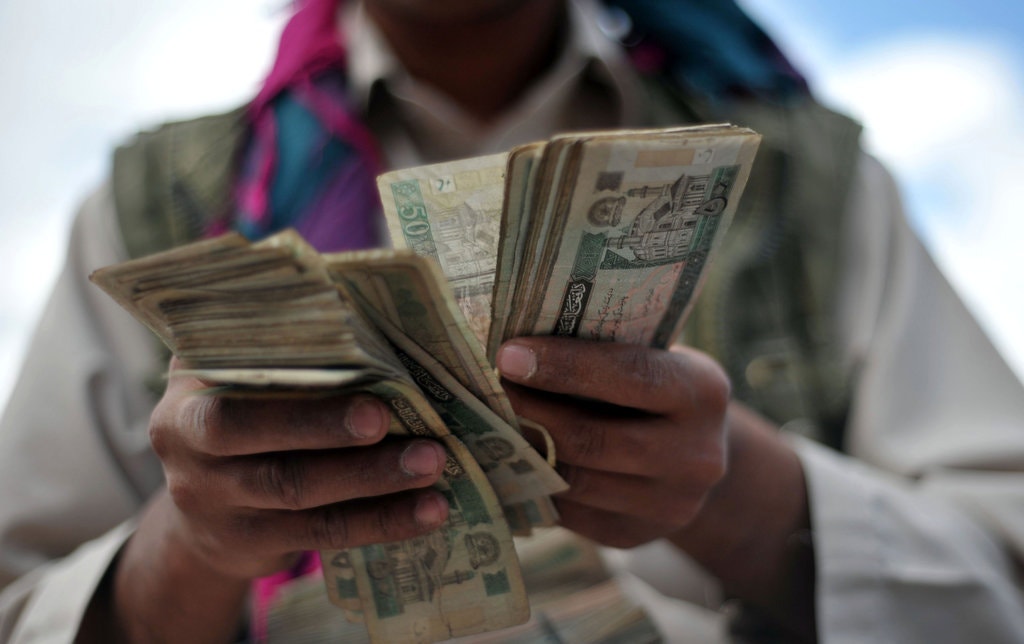

Corruption is an issue largely off the radar screens of many IR scholars. How can they better theorize corruption’s pervasiveness in international politics, while avoiding the biases of past approaches?
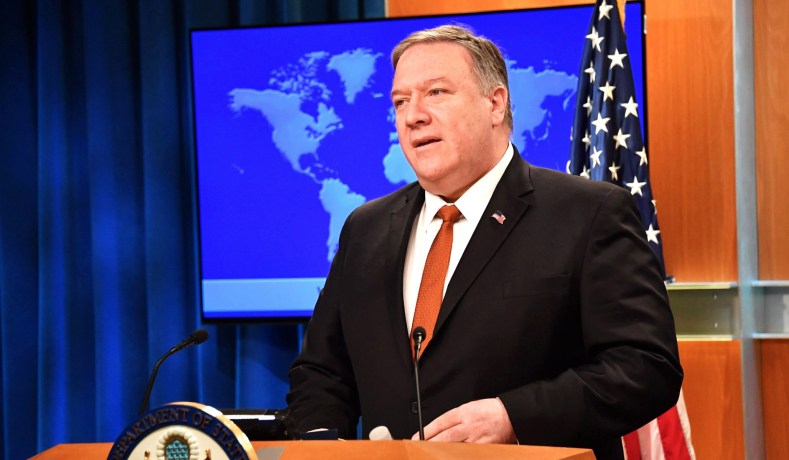
Yesterday, Michelle Kosinki of CNN reported via Twitter that Secretary of State Mike Pompeo was holding a special briefing for "faith-based media" only. She later relayed that the State Department...

Pope Francis recently visited the United Arab Emirates (UAE). His trip is historic, not just because it's the first by the head of the Roman Catholic Church. He will also lead an outdoor mass, the...
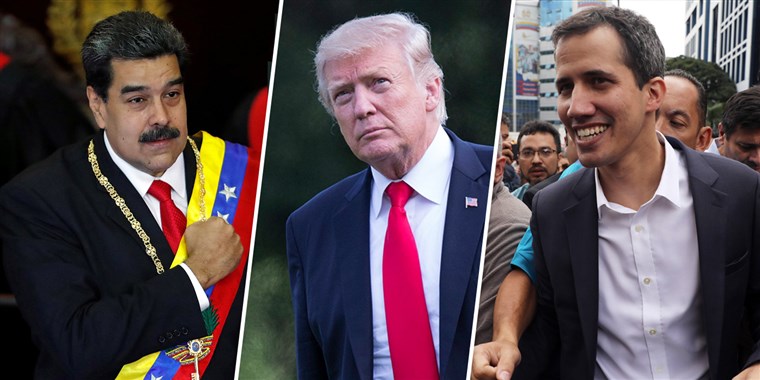
This is a guest post from Elsy Gonzalez, a PhD candidate from the University of Chicago in the Department of Political Science. Last Wednesday, January 23, President Trump recognized Venezuelan...
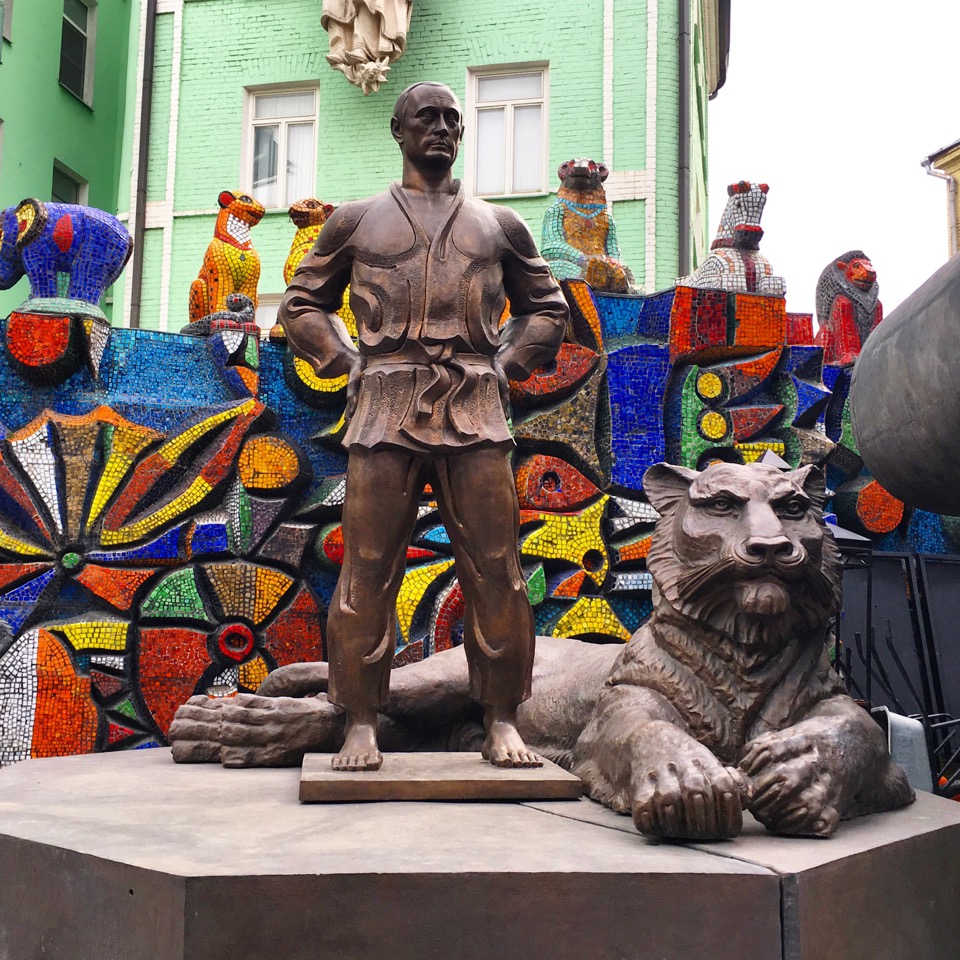
This World Politics in a Time of Populist Nationalism (WPTPN) guest post is written by Emily Holland and Hadas Aron, PhD Candidates in Political Science at Columbia University. Holland's research focuses on energy politics, political development, Russian politics and East/Central Europe. Aron studies right wing populism and nationalism with a regional focus on Eastern Europe, the United States, and Israel. They blog at Commenting Together. Immediately following the annexation of Crimea and the tragedy of flight MH17, the West largely regarded Vladimir Putin as a dangerous international...
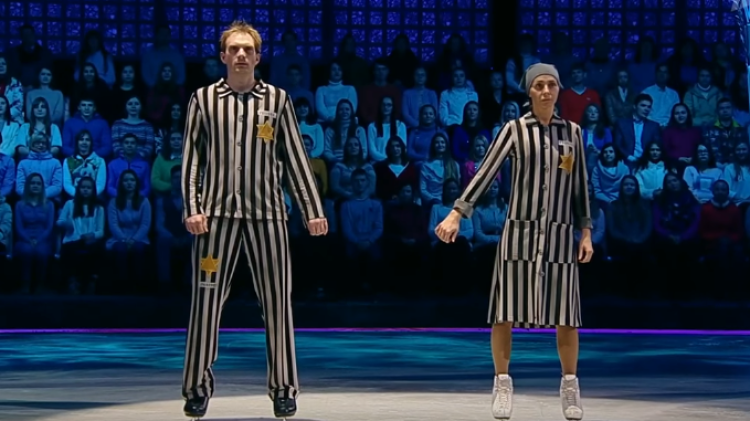
Usually when news about Russia makes it to American late night shows, Russia either gets hit by a meteorite, or it annexes part of a neighboring country. Either way, it is illustrated by Putin’s bare-chested photograph on a horse. This time, however, neither celestial bodies, nor Putin’s nipples were at stake. Several high-profile newspapers and The Daily Show with Trevor Noah reported on… an ice-skating dance routine. ‘Wife of Putin’s ally’ [putting aside the whole sexist tradition of defining a woman through her male companion] was widely criticized for her Holocaust-themed ice-dancing...
This World Politics in a Time of Populist Nationalism (WPTPN) guest post is written by Gizem Zencirci, Assistant Professor of Political Science at Providence College. Her research interests include political Islam, neoliberalism and social policy, and Middle East politics. The rise of the AK Party in Turkey and its consolidation of power is a case with generalizable lessons about the rise of populist nationalism elsewhere. Before and after the U.S. election, many commentators noted potential similarities between Recep Tayyip Erdogan’s administration and a potential presidency of Donald...
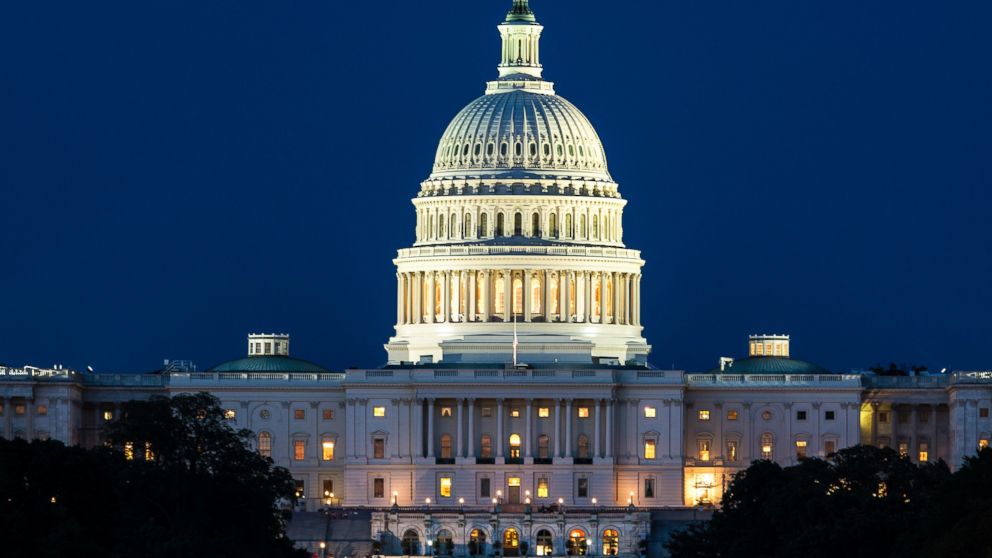
What is the role of political science and political scientists during contentious social and political moments? This question seems foremost in the minds of many political scientists (read Jeffrey Issac and Jennifer Victor). Political scientists are uniquely positioned to understand the institutions of government, processes of democratic consolidation and decline, and the power and influence of civil society, social movements and advocacy. Political scientists study populism, civil rights movements, xenophobia, nationalism, autocracy and democracy; we have invaluable insights to add to the...
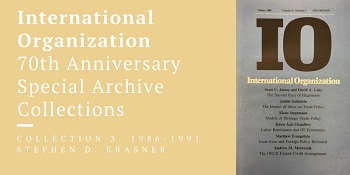
To commemorate the 70th anniversary of International Organization, the editorial team asked former editors of the journal to reflect on their time overseeing the journal as well as on the most significant articles published during their tenure. I recently read Stephen Krasner’s reflection and was surprised by a number of conclusions he draws regarding scholarship on ideas, norms and nonmaterial factors in international relations. Starting with Peter Haas’ “Introduction: Epistemic Communities and International Policy Coordination,” one of the two most cited articles published during Krasner’s...
Grab your popcorn – opening ceremonies for Rio 2016 are tonight! It’s my favorite part of the Olympics; I really could do without the whole “sport” thing that comes after. And, one of my favorite parts of tonight’s opening ceremonies are when the various country teams get to be announced: the parade of nations. I love the outfits, the flags, the background stories, the family members crying, and the look on the faces of all the athletes who are in the midst of a dream realized. It’s too much and, much to my family’s chagrin, I probably will be crying by the end of it. Until quite recently,...
The publication of the long-awaited Chilcot Report on Britain’s role in the Iraq War last week produced a flurry of activity, with journalists desperately skimming through the 2.6m words within the three hours they were allocated prior to full publication. Perhaps not surprisingly, much of their attention was focused on whether or not Tony Blair could be held legally and morally culpable for the chaos that has ensued since the invasion back in 2003. And despite fears that it would be a whitewash, the report was pretty damning in its assessment of both the justifications for war and its...
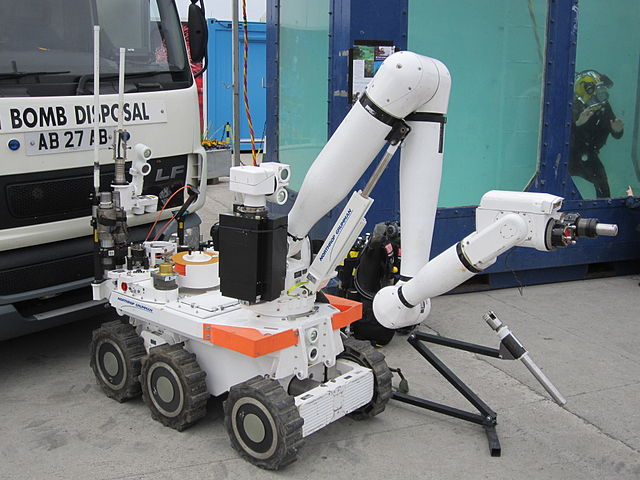
A common argument made in favor of the use of robotics to deliver (lethal) force is that the violence used is mediated in such a way that it naturally de-escalates a situation. In some versions, this is due to the fact that the “robot doesn’t feel emotions,” and so is not subject to fear or anger. In other strands, the argument is that due to distance in time and space, human operators are able to take in more information and make better judgments, including to use less than lethal or nonlethal force. These debates have, up until now, mostly occurred with regards to armed conflict. ...